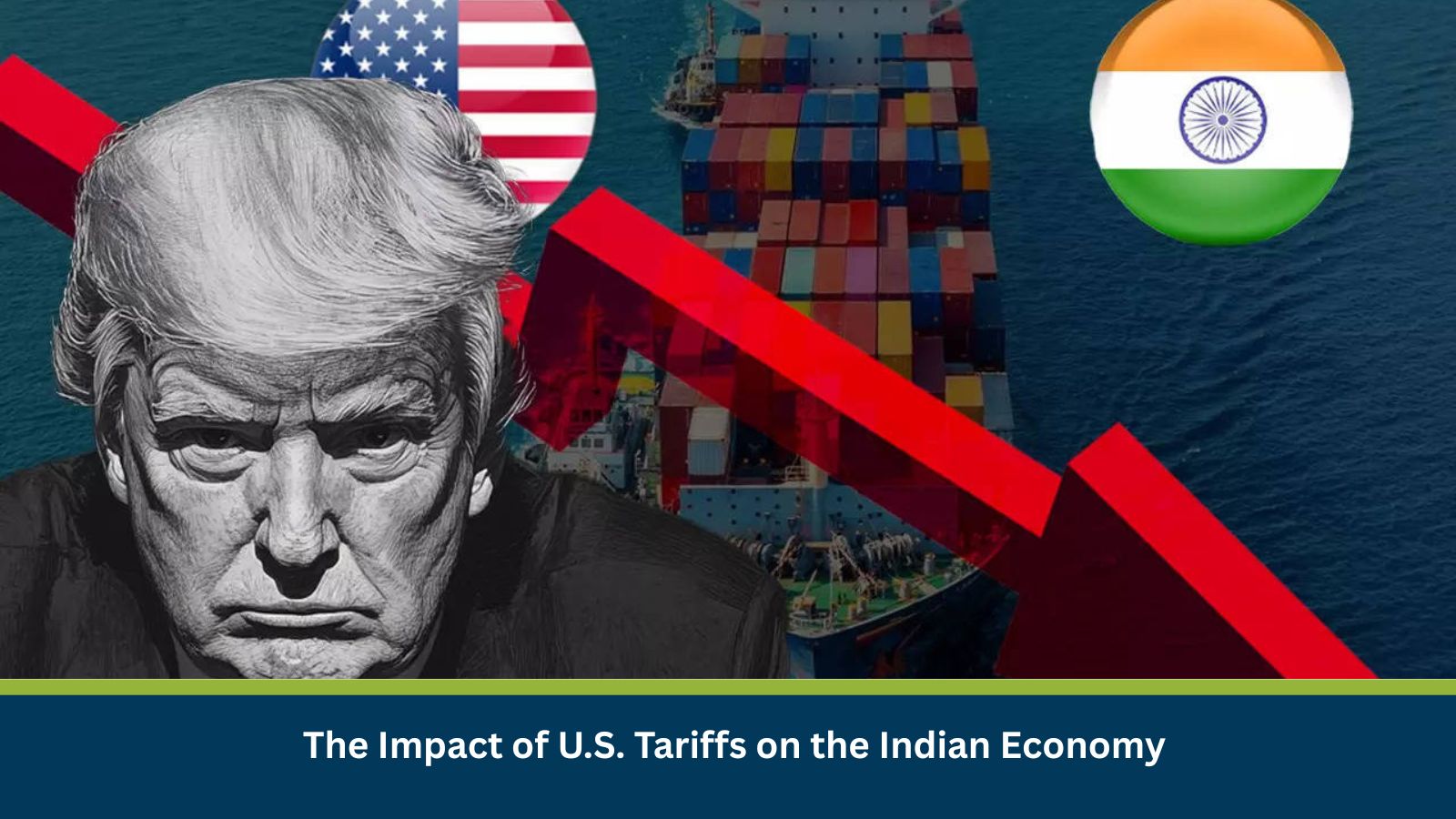Trade wars are back on the agenda, and this time India is in the crosshairs. With Washington imposing steep duties—up to 50%—on a wide swathe of Indian exports, the impact of U.S. tariffs is already rippling through the economy. From textiles and shrimp to gems and jewellery, the cost of doing business in America has suddenly skyrocketed, leaving Indian exporters scrambling for alternatives.
The textile sector is feeling the heat most acutely. The U.S. is India’s single largest market for apparel and fabric, worth around $10 billion annually. But with duties doubling overnight, order cancellations are mounting. Mills report that cotton yarn demand from the U.S. has plunged by almost 50%. For an industry that employs millions, the impact of U.S. tariffs could be devastating if relief or market diversification does not materialise quickly.
Seafood exporters face a similar storm. Shrimp shipments, once India’s pride in the U.S. market, are now saddled with tariff burdens nearing 60%. Buyers are either demanding steep discounts or halting purchases altogether. Farmers in Andhra Pradesh and Odisha, dependent on this trade, are already under pressure. Meanwhile, Ecuador—closer to U.S. shores and subject to lower tariffs—is emerging as a big winner. The impact of U.S. tariffs here extends well beyond exporters to rural livelihoods across India’s eastern coast.
Then there’s the gems and jewellery industry. With 40% of exports heading to the U.S., and Surat serving as the global hub for diamond cutting, any disruption hurts. The new 50% duties risk diverting orders to rival centres like Bangkok, Hong Kong, and Thailand. For MSMEs in Surat, the impact of U.S. tariffs could mean job losses and shrinking margins at a time when global competition is already fierce.
Agriculture and niche industries are not spared either. Basmati rice, spices, carpets, and handicrafts—traditional strengths of India’s export basket—face reduced demand as American buyers pivot to countries with lower duties like Turkey, Vietnam, and Pakistan. Even though some sectors such as metals and auto components have limited U.S. exposure, the wider signal is clear: the impact of U.S. tariffs will reshape India’s export strategy, forcing firms to rethink markets, pricing, and competitiveness.
Events like these underline how vulnerable global trade can be to sudden policy shifts. That’s where MitKat Advisory comes in. Our AI-powered platform, Datasurfr, keeps a constant pulse on international developments, helping businesses anticipate and adapt to disruptions like the impact of U.S. tariffs. Whether it’s a new trade barrier, a supply chain shock, or a geopolitical shift, we provide timely insights so you can stay resilient, competitive, and prepared for whatever comes next.






